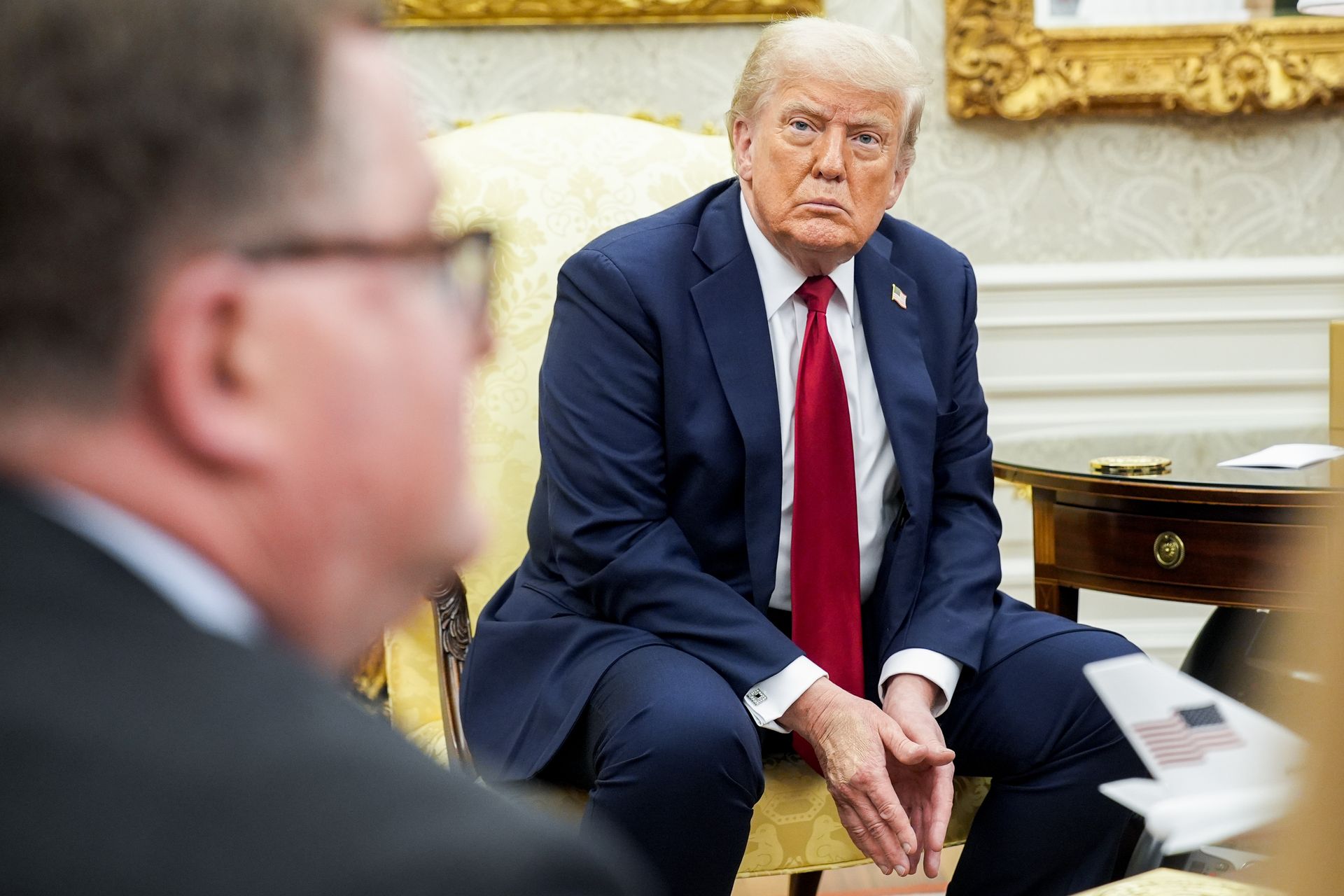EU fails to approve new Russia sanctions as Slovakia holds up vote

The European Union on July 15 failed to approve its 18th package of sanctions against Russia due to continued obstruction from Slovakia, which is seeking exemptions related to a planned phase-out of Russian gas.
The bloc hoped to formally approve the package during a foreign ministers' meeting in Brussels on July 15. Sources told Reuters that the EU expected to reach a unanimous agreement ahead of the meeting.
Instead, Slovakia, which has previously blocked attempts to pass the new measures, insisted on a delay in the vote.
"The representative of the Slovak Republic was instructed to request a postponement of the vote on the 18th sanctions package today, taking into account the position of the Slovak political scene," Slovak Prime Minister Robert Fico said in a statement after the meeting.
Fico cited Slovakia's ongoing concerns about transitioning away from Russian gas and said the European Commission's proposed solutions were unaccceptable.
"The government coalition rejects the imbecile proposal of the European Commission to stop the flow of Russian gas from 2028," he said.
Fico's office published a letter from European Commission President Ursula von der Leyen dated July 15 pledging to "engage to address the concerns of Slovakia." Fico called the letter's guarantees "insufficient" and said Bratislava was prepared to negotiate a deal that would grant the country an exemption to the 2028 deadline.
"The best solution to the situation would be to grant Slovakia an exemption allowing it to fulfill the contract with Russia's Gazprom until its end in 2034, which the European Commission currently rejects in principle because implementing this proposal would negate the essence of anti-Russian sanctions," Fico said.
Since EU sanctions require unanimous backing, a single country's veto prevents the package from being implemented. In late June, both Slovakia and Hungary — the EU's most Kremlin-friendly members and those most reliant on Russian energy imports — opposed the draft sanctions, stalling their adoption. Slovakia again vetoed the package on July 9.
The latest proposed sanctions, presented on June 10, target Moscow's energy revenues, banks, and military industries in response to Russia's ongoing invasion of Ukraine.












